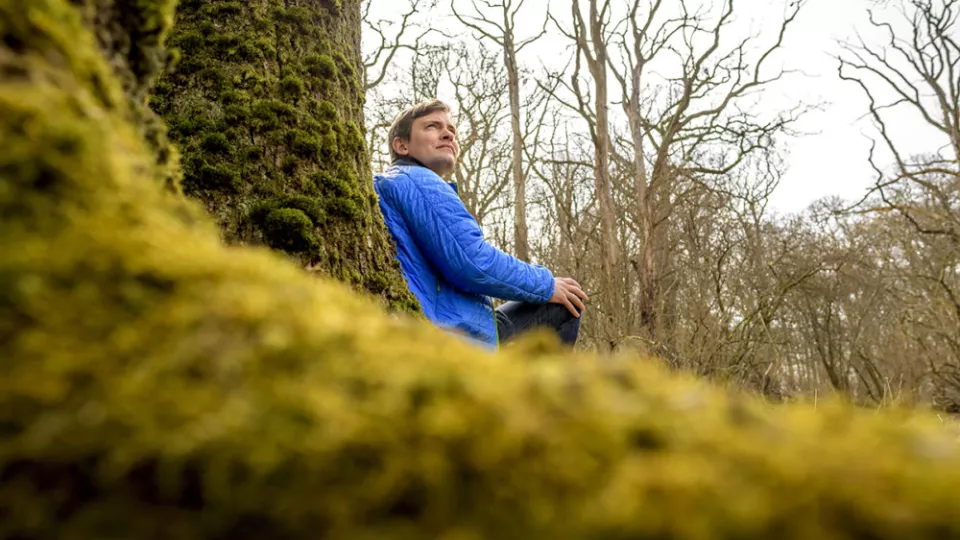“Agriculture and forestry are two sectors that are often considered separately. In fact, they are closely connected. Both from an ecological and an economic perspective, there is much to gain by considering them together, says Professor Yann Clough of Lund University’s Centre for Environmental and Climate Research, CEC. He and his colleagues at BECC, one of the strategic research areas at Lund University, recently started a research project entitled Farm2Forest. It aims to understand the demands placed by society’s major challenges on the land use industries such as agriculture and forestry.
“We often take the landscape for granted. In Farm2Forest, we hope to be able to determine what changes can be expected from an increased need for biomass for both food and bioenergy. Currently, it is still unclear how much raw material can be mobilised from agriculture and forestry for the production of biofuel and suchlike. A lot depends on what policy instruments are available and whether those producing the raw material adapt their production to meet the need”, says Yann Clough.
The way agriculture and forestry are run in the future is also crucial for biodiversity and the value that human beings derive from nature’s ecosystems, such as crop pollination, experiences of nature and other cultural benefits.
“Everyone has ideas about what agriculture and forestry could contribute in a future biobased society, but what does that mean in practice? This is about complex processes, both economic and ecological. Do we need to find different cultivation methods? And will forms of agriculture that are not profitable today, become worthwhile in the future? Can we find a way to minimize conflicts with environmental goals?”
The Farm2Forest project brings researchers from different fields together with representatives of agriculture and forestry to investigate various future scenarios and the policy instruments that make agriculture and forestry most economically attractive. A starting point of the project is the changes underway within the EU with regard to agricultural subsidies, with Brexit and discussions on the reform of the Common Agricultural Policy 2020–2023.
“The aim is for the outcome of our project to inform future agricultural and forestry policy. We will develop an ecological-economic model for how woodland agriculture is affected by various policy instruments, and how this in turn affects the economy and the environment. In addition, workshops will be held with various stakeholders to determine whether we have raised the right issues”, says Yann Clough.

